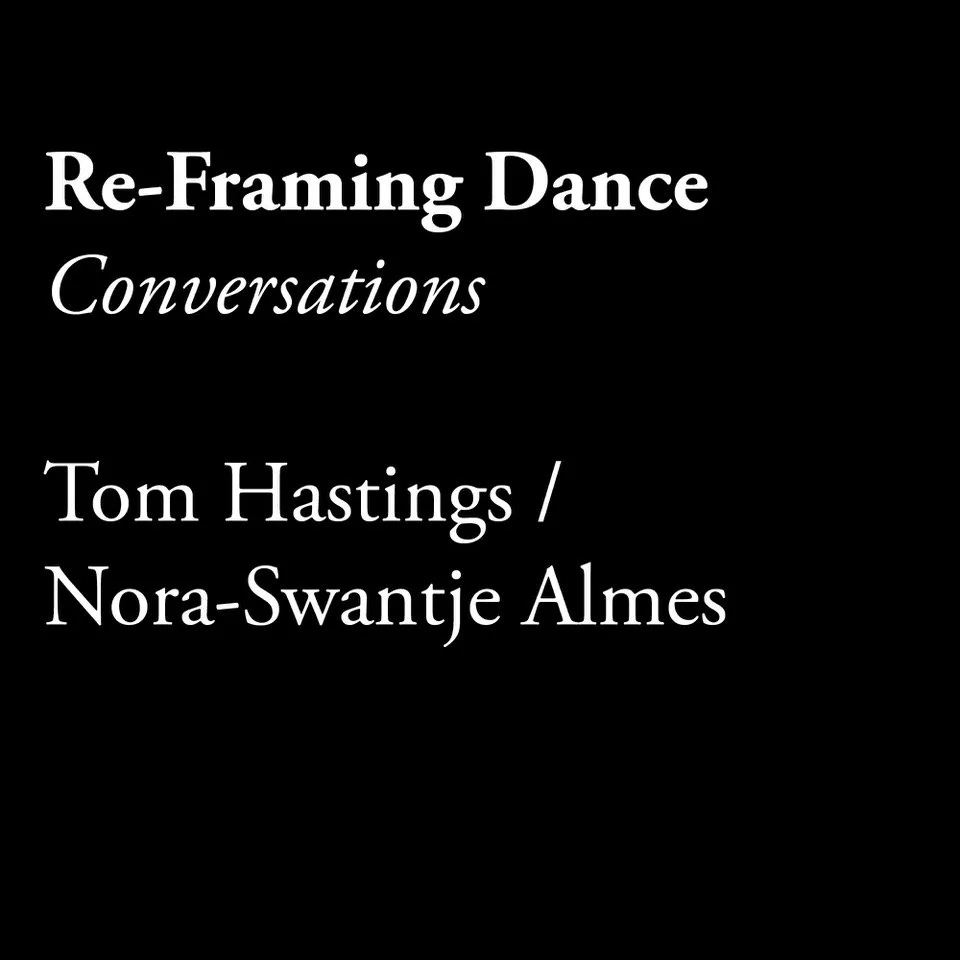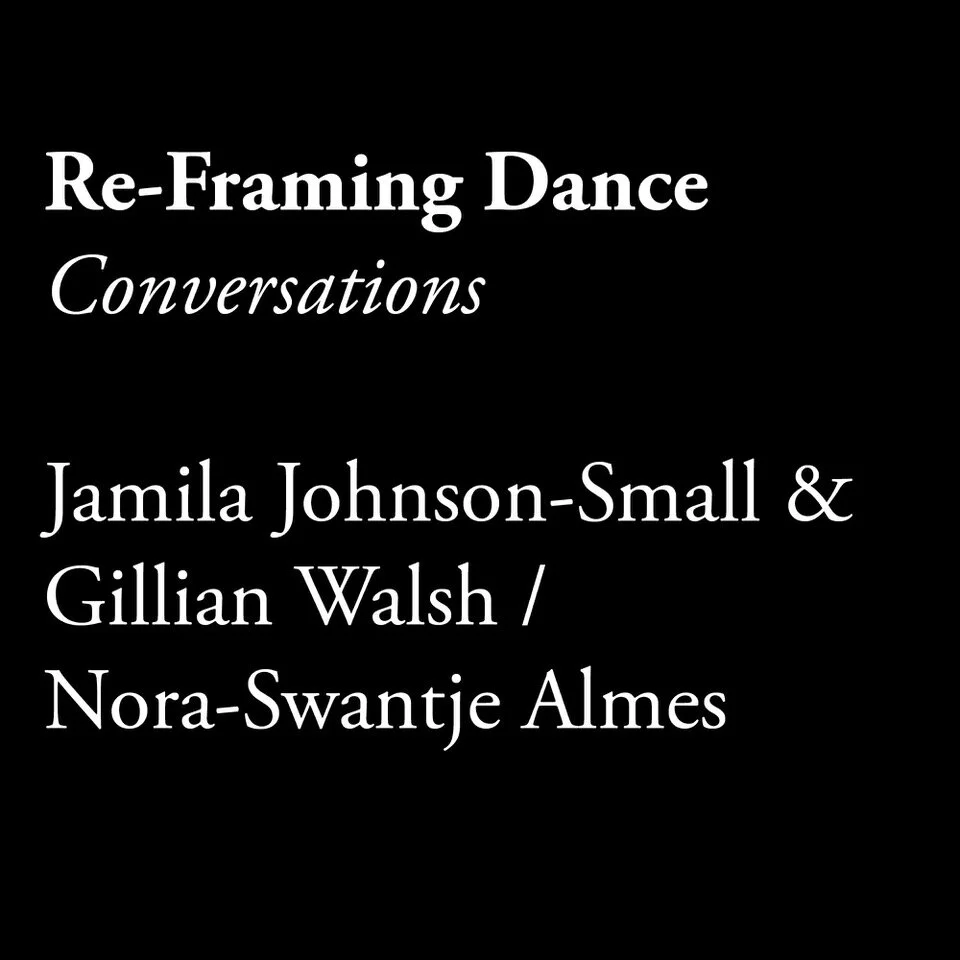Re-Framing Dance Producer Residency
Nora-Swantje Almes
Image by Philippe Gerlach, Bless This Place (2018), performance by Aaron Ratajczyk.
We are pleased to announce that curator, producer and writer Nora-Swantje Almes will undertake a three week residency at Primary, where she will develop skills in producing new work as part of Re-Framing Dance. This project considers in what ways independent producers can be supported to enhance the current presentation of dance in the gallery.
Dance and performance art have been increasingly commodified by art institutions functioning as a value-booster for the attention economy. Simultaneously, this movement towards dance and performance practices reflects a strong desire to experience physicality: “an updated version of ‘togetherness’” (Alexandra Pirici). A live event is also a social event, an “occasion” (Isabel Lewis), a “situation” (Tino Sehgal), an “opera” (Anne Imhof). In what ways do body-based practices challenge existing (infra)structures and what possibilities do they bring for queering* institutions and opening up new working practices?
Movement practices and what we might consider “queer” sit in opposition to the operations of conventional art institutions: unpredictable, influx and improvised. Nora-Swantje Almes considers these modes productive in the sense of Sara Ahmed’s “deviation as pleasure”. Disorientation makes us find new paths and reconsider what was established as the norm. The in-between, the dissonances and physical proximity of different realities is what interests Almes. With choreographer and artist Aaron Ratajczyk and Primary as host organisation, Almes will build on previous research, exploring queer practices from an intersectional perspective – to let go of what we know and radically accommodate, connect and support those.
Being practice-led, the research will entail a series of interviews with choreographers, dancers and queer party collectives to imagine a different set of requirements needed for producers, curators and institutions – outlining the care, infrastructure and curatorial support needed for these practices. How can galleries and arts organisations accommodate bodies? How can we ensure dance/performance art is not a supplement in visual art contexts? And what can we learn from queer club culture to create safe spaces of experimentation?
Nora-Swantje Almes is a German curator, producer and writer, currently based in Glasgow. Her research explores topics of intersectionality, queerness and gatherings as a performative format for platforming a multiplicity of voices.
Currently, she is the assistant curator at Glasgow International. Independently, she recently co-curated the performance series Aggregates at Raven Row London, Lilian Nejatpour’s Choreophobia at Somerset House London and curated the exhibition series What’s good for me is good for you? A physical multilogue at Mimosa House London. Almes previously held positions at Chisenhale Art Place, Art Angel London and Schinkel Pavillon Berlin. She is a publications associate at Participant Inc New York City and founding member of the curatorial collective TWTMC which focuses on interdisciplinary projects around hybrid identities.
Upcoming performative exhibitions include Aggregates at Ausstellungsraum Klingental Basel and love and other rhythms at Kunsthalle Exnergasse Vienna.
Re-Framing Dance is an action research project. Part one of the project will support residencies for independent producers to invite curators, artists and Dance4 into a process to undertake choreographic research exploring the possibilities to create new work that invites audiences to see, experience and potentially participate in choreographic art works sited in gallery contexts.
Re-Framing Dance is supported by Jerwood Arts Development Programme Fund which champions transformational development opportunities for artists, curators and/or producers in their field and within the first 10 years of establishing their professional practice.





